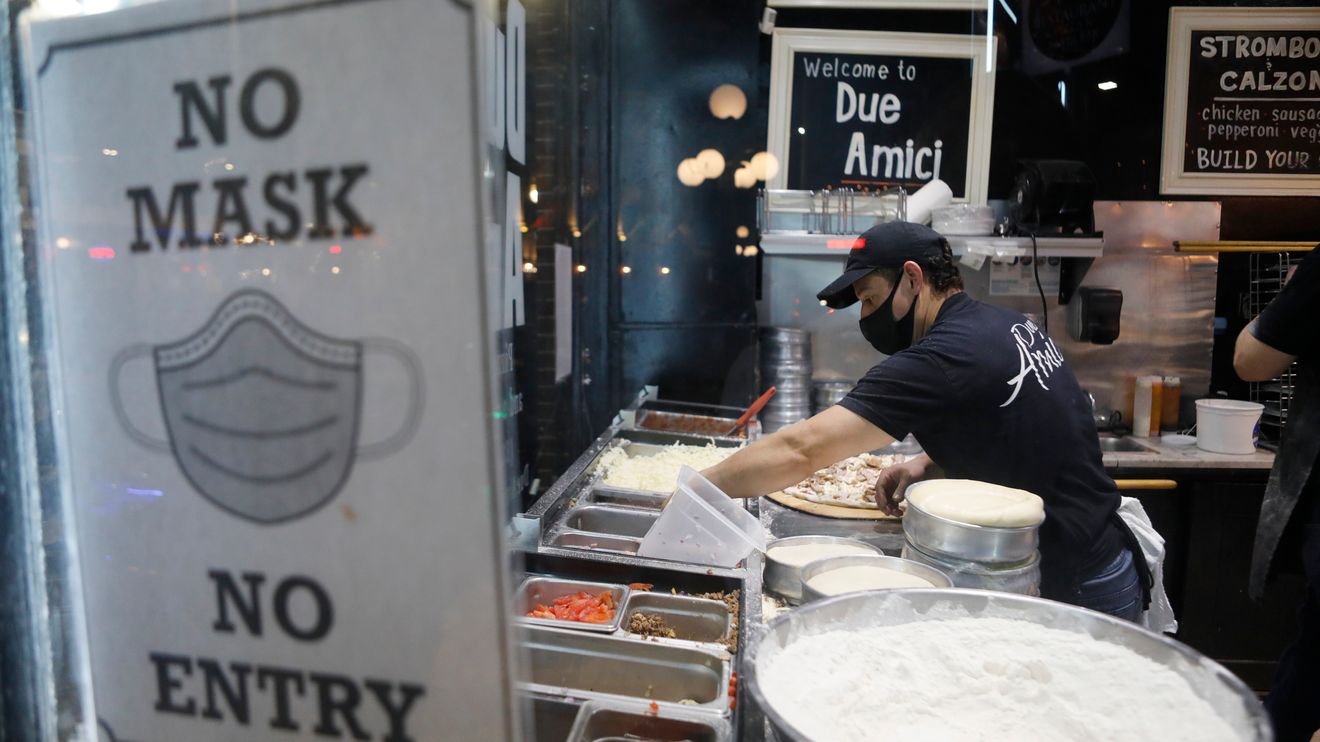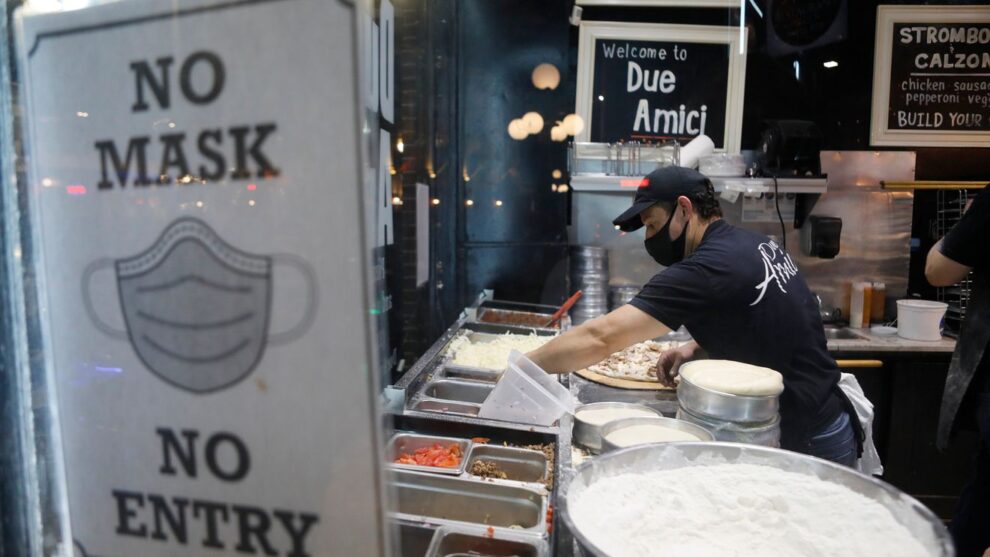
One of the major arguments for raising the minimum wage to $15 an hour is that it would lift many Americans out of poverty, but there are also some downsides.
White House press secretary Jen Psaki said Monday that Biden remains “firmly committed to raising minimum wage to $15.” Last week he expressed some doubts that legislation to raise the minimum wage would survive the Senate reconciliation process.
Psaki downplayed Biden’s prior pessimism. “We’ll see what the parliamentarian decides and then we’ll see what additional options are but we’re getting a little ahead of where we are in process,” she said.
Some 30% of workers would benefit from the higher incomes or indirect effects, such as increased business revenue, of raising the minimum wage, according to Goldman Sachs GS, +2.18% research, published Monday. More than half of these workers have family incomes below $50,000 a year.
In addition, some 17 million workers would see their wages boosted as a result of a federal minimum wage hike to $15 an hour from $7.25 an hour currently, a Congressional Budget Office, also published Monday, concluded. This is in line with prior estimates made in a 2019 CBO report. In total, these workers’ wages would increase by $333 billion from 2021 to 2031.
The downside to a higher minimum wage
The downside, however, is that 1.4 million workers could become unemployed as a result according to the CBO’s average estimate from its report published Monday.
While some 900,000 Americans would no longer be living below poverty levels if a $15 an hour minimum wage were enacted, the report by the nonpartisan Congressional Budget Office released Monday.
Previous CBO estimates which focused on the median impact found that an equal number of workers (1.3 million) could become unemployed as a result of raising the minimum wage to $15 as those who would be lifted out of poverty.
The report also found that the federal budget deficit would increase by $54 billion from 2021 to 2031 if the $15 minimum wage were enacted. That’s because the government would pay higher prices for goods and services that stem from the higher wages paid to workers, the CBO found.
“There is good reason not to accept CBO’s analysis” that a $15 minimum wage would increase the budget, said Heidi Shierholz, an economist at the liberal Economic Policy Institute.
“It’s really not a stretch to say that a new consensus has emerged amongst economists that minimum-wage increases have raised wages without substantial job loss,” she said on a call with reporters. (Treasury Secretary Janet Yellen shares in these views.)
The CBO’s 1.4-million job loss estimate is likely overstated, hence the federal government would not need to spend more money to fund social welfare programs such as unemployment insurance and medicare if fewer people were unemployed, Shierholz added.
On the one hand, the CBO’s report weakens the case President Joe Biden and fellow Democratic lawmakers were presenting to Republican colleagues to raise the minimum wage to $15 an hour. On the other, the report may also serve to help Senate Democrats pass minimum wage legislation through the budget reconciliation process.














